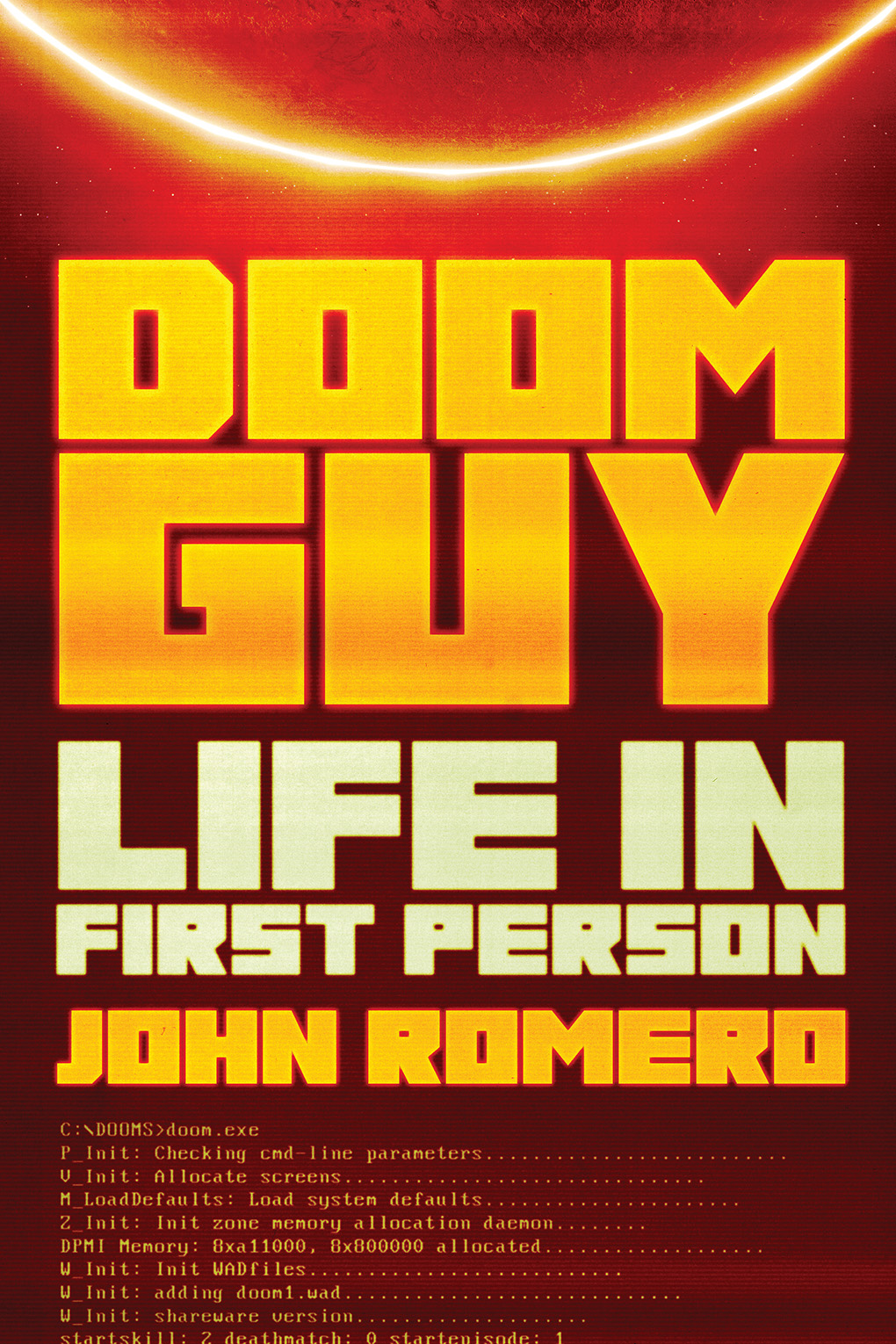Learning more about Romero's background was interesting. I appreciate the positive outlook he always seemed to be striving for; he rolls with the punches and tries to go on cheerfully, no matter what calamity befell him. And there were calamities aplenty. I appreciate how he talks about his failures openly, and that he doesn't try to deflect blame. Even when talking about people he had issues with, there was no unnecessary hostility.
When I read articles about this book, some of them mentioned Romero's diagnosed hyperthymesia. While he did mention his hyperthymesia multiple times, I don't think he ever claimed it was oficially diagnosed. That's one thing I would ike clarification on, though that's no fault of the books - maybe he just self-diagnosed, didn't make any misleading claims, online publications misrepresented it and got me confused.
Ah, one last thing: there were no gratuitous descriptions of coding or deathmatch sessions of the kind presented in Masters of Doom. That's not a bad thing - just a heads-up in case that's what you're expecting.
 🌟🌟🌟🌟🌟
🌟🌟🌟🌟🌟